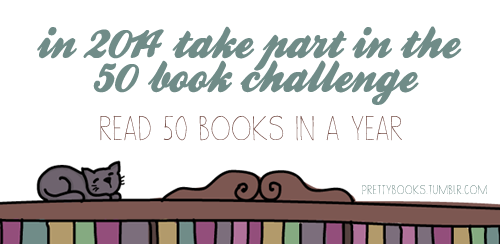Twelve Tribes of Hattie

"Of course Im angry!" She looked at Bell as though she'd have liked to shake her by the shoulders. "I probably always will be. But I've been mad all my life, and I finally figured out that I couldn't keep carrying that with me. Its too heavy and Im too tired. Time will take care of it, like it does everything else."- Hattie Shepherd
I was drawn to this book because of the Oprah Book Club, which is always my “go to” for list of good books that I ought to read. I was right away intrigued with the title, the synopsis, to prove the several reviews I have read and of course my excitement to find out how it is related to the twelve tribes of Israel.
But then obviously, I was wrong because the book is about (SPOILER ALERT and credits below)
a series of interlocking stories about each of the 12 people dependent upon Hattie for love and survival across the 20th century, from Philadelphia and Jubilee in 1925 to Cassie and her daughter Sala in 1980. Their experiences also seem representative, and at times, too, representative. There is Floyd, conflicted about his homosexual desires; Six, who represents the longing to find salvation in religion; Billups, who was molested as a child; Franklin, the alcoholic and gambler who ends up a soldier in Vietnam. Alice marries well but unhappily, and leads a sterile, tranquilised life; Bell is self-destructive; Cassie has schizophrenia. One begins to feel as if there isn't a trauma that this family doesn't face, as Mathis whisks us from one crisis to the next. Just as a character starts to emerge, we are on to the next, a steady stream of shiftless men squandering money in bars and gambling dens while women struggle to hold families together.
(http://www.theguardian.com/books/2013...)
But if the characters drift, the novel does not; it eddies around the rock of Hattie, the woman who grounds her family’s story, and who will not be ground down by it. As unremittingly bleak as her characters’ lives are, Mathis has not produced a grim novel: it is as much about our need for joy as it is about our struggles against bitterness. Written with elegance and remarkable poise, the Twelve Tribes of Hattie is rather like its heroine- a bit withholding at times, but memorable and with the hint of something formidable glinting under the surface.
But why the 3 stars rate? Well, I value very much the spiritual inspiration I could always absorb from every book that I read. I wanna be empowered and at the same time be affirmed of my faith to the One True God, not that I could ever be swayed from my belief. During the journey of the read, I did picked bits and pieces of the optimism that I am wishing for, learning from the triumphs and failures of Hattie and the lives of her children whose existence are the very result of Hattie herself. From the twins to the granddaughter, from the loss to the redemption, the writer really did a good job in relaying her story, despite the hasty way each of the children’s story ended. However, towards the end when her life is indirectly compared with the sufferings of Job (a well know character in the Bible) and the way Mathis somewhat broke that parallelism by changing the course of Hattie (well Sala’s life in particular), that was the turning point of my disappointment. The defiance and pride of Hattie that I sensed at the end of the story, crumbled down the wonder I have felt for her character and the book in general. I really hoped that it didn’t end the way it did, and for Hattie to have found the peace she had long been searching for- because I honestly didn’t think she had, given the way she reacted in the end. Im sure Mathis had her reasons, and probably she didn’t want Hattie's story to be predictable and ordinary- but the thought of imparting the attitude of detachment from God and our faith in Him scares me, not for myself, but for other readers that may be, in some remote way, experiencing similar tragedy as that of Hattie and her children.
Don’t get me wrong, the book was amazing, I just didn’t agree with the ending.







 1
1
 2
2




